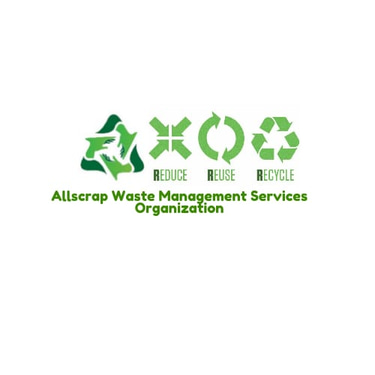Understanding Scrap: Definition, Types, and Current Metal Rates
What is Scrap? Scrap refers to waste materials or by-products that can be recycled or reused. Typically consisting of metal and non-metal items, scrap is generated in various industries, including construction, manufacturing, and automotive. Understanding the scrap meaning is essential for individuals and businesses involved in recycling and waste management. Types of Scrap and Their Definitions Scrap can broadly be categorized into two types: ferrous and non-ferrous. Ferrous scrap includes materials containing iron, such as old cars and appliances, while non-ferrous scrap features metals that do not contain iron, like copper, aluminum, and brass. If you're searching for a scrap shop near me, it's important to know these distinctions to determine which type of scrap you possess. The definitions help in identifying the best recycling options available. Current Metal Rates and Their Significance Knowing the iron scrap rate today and the metal rates per kg today can significantly affect your decision to sell or buy scrap materials. These rates fluctuate based on market demand, global economic conditions, and trends in the manufacturing sector. Keeping yourself updated ensures that you make informed decisions when engaging with scrap dealers or recycling facilities. Many people wonder, what is the meaning of scrap? In essence, scrap signifies not just worthless waste, but valuable resources that can be reintroduced into the manufacturing cycle. Thus, scrap management holds a critical place in the sustainability narrative, providing a route to reduce waste and lower environmental impact. For those needing scrap removal, utilizing a scrap pickup near me service can streamline the process. Many businesses offer pick-up services to collect scrap metal and ensure its proper recycling. Properly managed scrap disposal contributes toward a healthier environment. In conclusion, scrap—whether viewed through the lenses of definition, type, or market rates—plays a vital role in waste management and recycling. Understanding its intricacies empowers individuals and businesses to actively participate in sustainable practices, transforming what was once considered waste into valuable resources.
AllScrap
9/27/20251 min read


Scrap Pickup
Allscrap is the best platform for selling scrap and Electronics items online In Delhi, Noida, Gurgaon, Faridabad, Ghaziabad and Greater Noida,
Contact Us
Query?
info@allscrap.org
+91-9711963469
© 2025. All rights reserved by AllScrap Waste Management Services Organization
